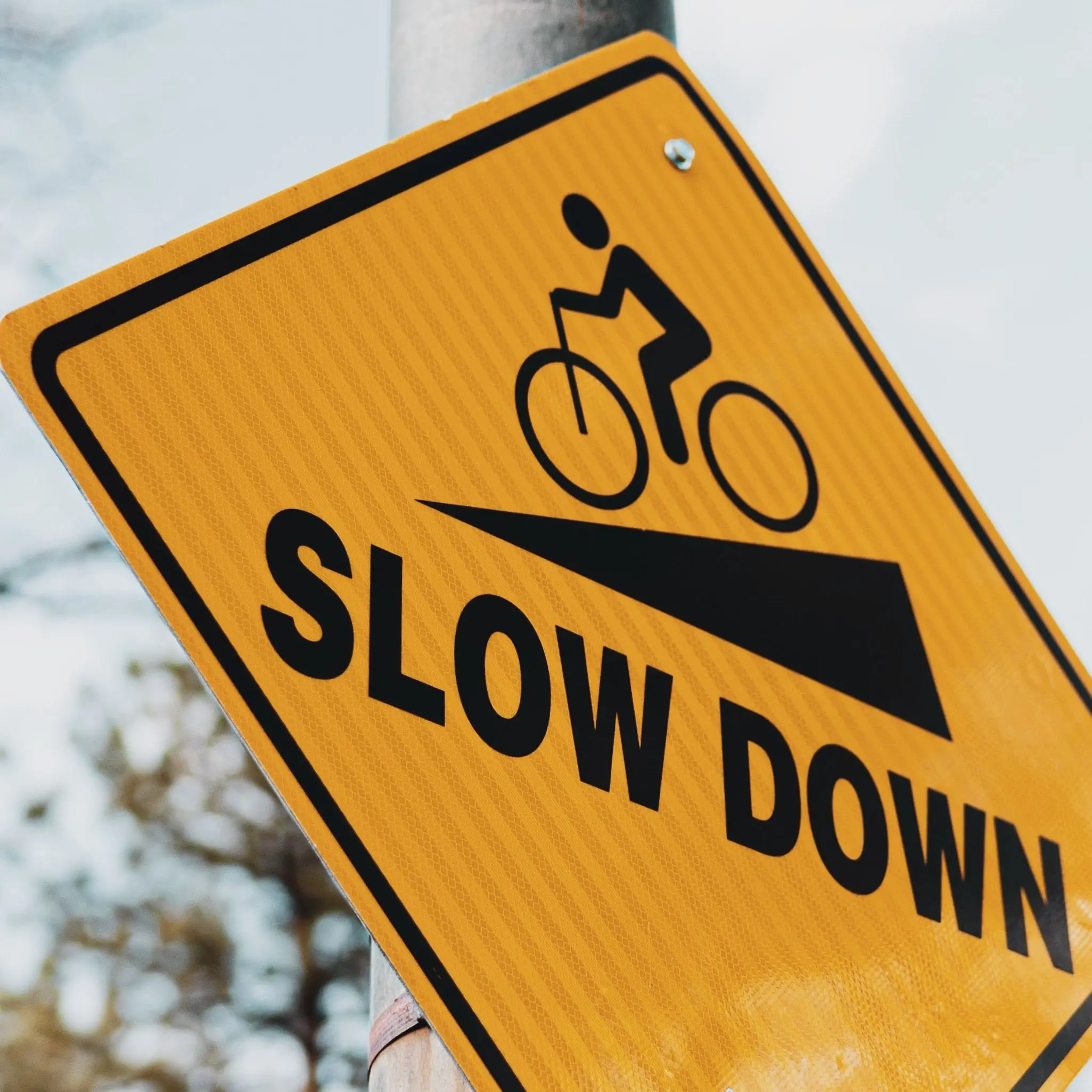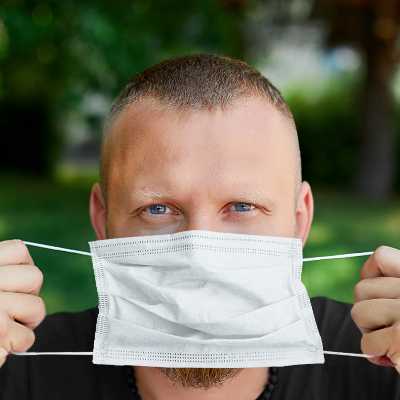With Americans now drinking 14% more frequently than they did before the pandemic, millions of drinkers are hoping to cut back on their alcohol consumption over the coming months - even if they do not intend to quit altogether. However, breaking the new habit of increased consumption isn’t always easy.
Unfortunately, failure to tackle the problem ASAP could lead to the development of an alcohol use disorder (AUD). Whether you become dependent on alcohol or simply fall into the trap of overdoing it a little too often, you may notice significant problems, including but not limited to;
-
Raised blood pressure - this can temporarily occur after just three drinks, or more permanently when you are a regular drinker.
-
Mental health issues - 1 in 5 people who have a problematic relationship with drink will also show signs of anxiety or depression.
-
Death - around 261 people in America die as a direct result of alcohol every single day.
Perhaps the biggest source of problems comes from the fear that you’ve lost control of your drinking habits. Incredibly, 9 in every 10 drinkers admit to binging at least once per month while 1 in 6 will binge at least once per week. If you fall into that category or have noticed negative impacts on your physical and psychological wellness, it is probably a good idea to cut down your drinking.
Most people do not need to quit alcohol forever, although some find that a temporary detox can be useful - for example, 1 in 7 Americans will complete Dry January.
If your goal is simply to reduce your alcohol consumption, there are two options at your disposal. The first is to drink less often while the second is to consume smaller amounts of alcohol during each session. When looking to develop or restore a healthy relationship with drinking, knowledge is power. An education in alcohol could mean reminding yourself that a unit of alcohol is just 5 oz of beer. Alternatively, it could mean understanding the daily and weekly limits that a person of your height, age, and gender should adhere to.
Once you are equipped with this information, using a drinks tracker app to monitor your habits will provide clear insights and serve as a powerful motivational tool. If you decide that reducing your alcohol intake is necessary, the following ideas should serve you well;
-
Drink water or a non-alcoholic beer between alcoholic beverages to control the speed of consumption. After all, just 4 drinks in a two-hour spell can be a binge.
-
Ensure that you have at least 1-2 alcohol-free days per week.
-
Set yourself a physical challenge, such as training for a charity bike ride, that will make you want to drink less and avoid hangovers.
-
Set limits with your drinks tracker app before you start a drinking session and then stick to it.
-
Stick to single unit drink measures, especially when consuming spirits.
-
Stop drinking at home, especially because alcohol sales for the home have grown by over 54% since the pandemic.
-
Actively trade your Friday night drinks session for an art class or another hobby that does not rely on alcohol.
-
Recognize the people and situations that lead you to drink before reducing your exposure to them.

